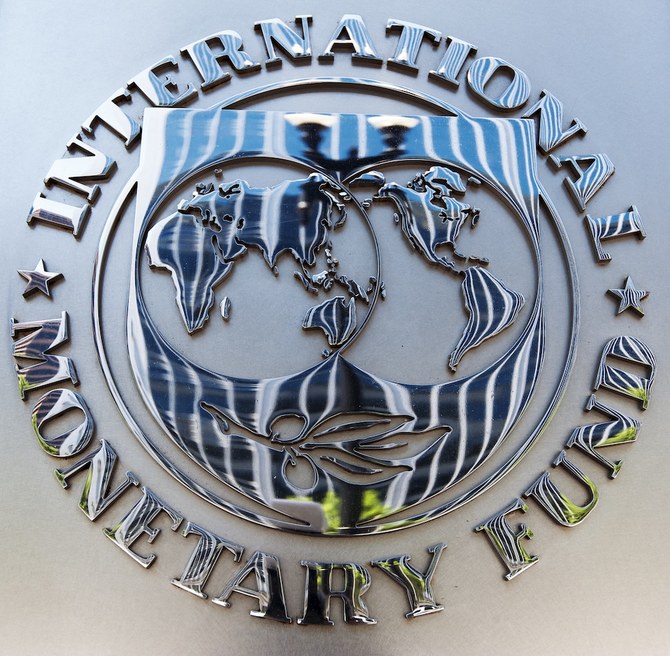Sub-Saharan Africa could stand to lose the most if the world were split into two isolated trading blocs centered around China or the United States and the European Union. In this severe scenario, sub-Saharan African economies could experience a permanent decline of up to 4 percent of real gross domestic product after 10 years according to our estimates—losses larger than what many countries experienced during the Global Financial Crisis.
Economic and trade alliances with new economic partners, predominantly China, have benefited the region but have also made countries reliant on imports of food and energy more susceptible to global shocks, including disruptions from the surge in trade restrictions following Russia’s invasion of Ukraine. If geopolitical tensions were to escalate, countries could be hit by higher import prices or even lose access to key export markets—about half of the region’s value of international trade could be impacted.
The losses could be compounded if capital flows between trade blocs were cut off due to geopolitical tensions. The region could lose an estimated $10 billion of foreign direct investment (FDI) and official development assistance inflows, which is about half a percent of GDP a year (based on an average 2017–19 estimate). The reduction in FDI in the long run could also hinder much-needed technology transfer.
For countries looking to restructure their debt, deepening geoeconomic fragmentation could also worsen coordination problems among creditors.
The region could lose an estimated $10 billion of foreign direct investment (FDI) and official development assistance inflows
The region would fare better if only the US/EU cut ties with Russia and sub-Saharan African countries continue to trade freely. In this scenario—termed “strategic decoupling”—trade flows would be diverted towards the rest of the world, creating opportunities for new partnerships, and possibly boosting intra-regional trade. Because some African countries benefit from access to new export markets and cheaper imports, the region as a whole would not incur a GDP loss. Oil exporters supplying energy to Europe could even gain.
Building resilience
To better manage shocks, countries need to build resilience. This can be done by strengthening the ongoing regional trade integration under the African Continental Free Trade Area, which will require reducing tariff and non-tariff trade barriers, strengthening efficiency in customs, leveraging digitalization, and closing the infrastructure gaps. Deepening domestic financial markets can also broaden sources of financing and lower the volatility associated with relying too much on foreign inflows.
To take advantage of the potential shifts in trade and FDI flows, countries in the region can try to identify and nurture sectors that may benefit from trade diversion, for example, in energy. Commodity exporters in the region could potentially displace much of Russia’s energy market share in Europe.
Countries can also rely on trade promotion agencies to help identify potential opportunities, build the necessary skills and capacity for exports, and eventually re-orient production to take advantage of new trade flows. Improving the business environment, such as by lowering entry, regulatory, and tax barriers could also help.
What the exact outcomes will be from fragmentation and polarization, and whether these trends will continue are uncertain. What is clear, however, is multilateral institutions will need to continue to facilitate dialogue among nations to promote economic integration and cooperation.



